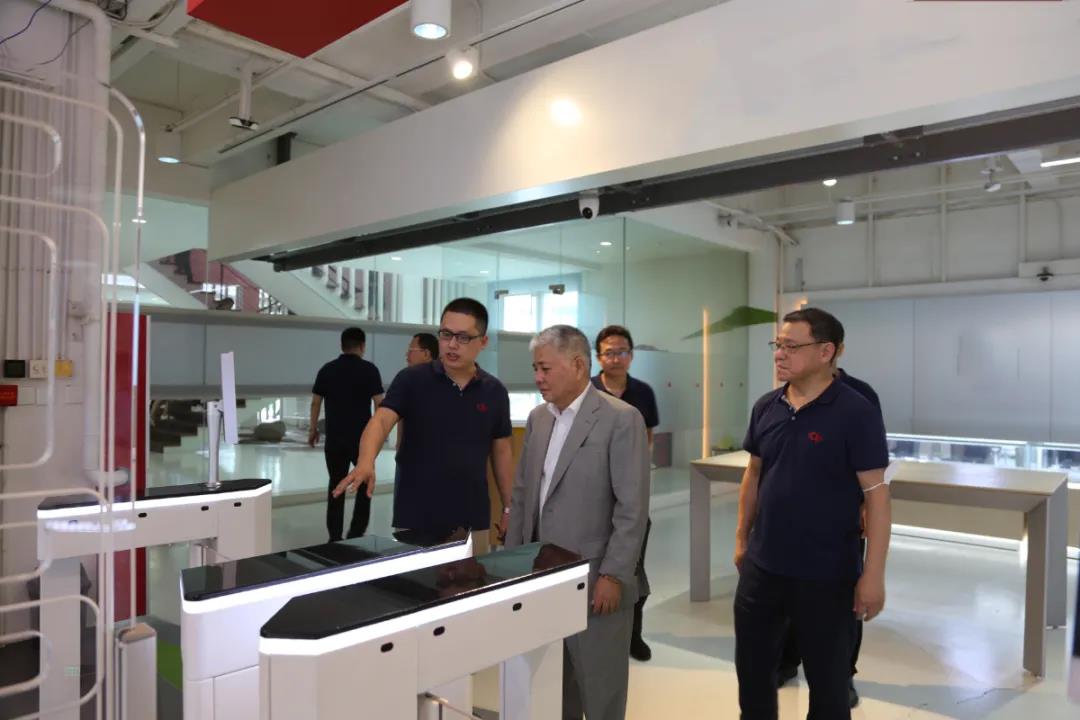Jul . 31, 2024 11:28 Back to list
Essential Furniture Trends for Retail Stores to Enhance Customer Experience and Boost Sales
The Importance of Furniture in Retail Stores Creating the Perfect Shopping Experience
When it comes to retail environments, the furniture plays a crucial role in shaping the overall shopping experience. From the moment customers step into a store, the arrangement and style of furniture can significantly influence their mood and purchase decisions. The right furniture not only enhances aesthetics but also promotes functionality, ensuring that the retail space serves its intended purpose effectively.
Aesthetic Appeal and Brand Identity
One of the primary functions of furniture in a retail store is to create a welcoming and visually appealing atmosphere. The choice of colors, materials, and design styles should align with the brand’s identity. For instance, a high-end fashion boutique may opt for sleek, modern furniture with neutral colors and minimalist designs, while a children’s toy store might use bright, colorful, and playful furniture that resonates with its young clientele.
Moreover, a well-designed furniture layout can reflect the store’s ethos and culture, making it easier for customers to connect with the brand. For example, eco-friendly brands often choose sustainable materials and furniture that embody their commitment to environmental responsibility. This alignment strengthens brand loyalty and evokes a positive emotional response from visitors.
Functional Layout and Customer Flow
In addition to aesthetic considerations, effective furniture design is essential for optimizing customer flow within the store. Retailers must think strategically about how to arrange furniture to facilitate movement. For example, clearly defined pathways and well-placed displays can guide customers through various sections of the store, encouraging them to explore more products.
Seating areas that are strategically placed can also enhance the shopping experience, offering customers a place to rest while they contemplate their purchases. These areas can foster a sense of comfort and relaxation, encouraging customers to spend more time in the store, which often translates to increased sales.
retail store furniture

Versatility and Adaptability
The retail landscape is continually evolving, and the furniture used in stores needs to adapt accordingly. Modular furniture systems that can be easily rearranged are an excellent choice for retailers who frequently update their layouts or seasonal displays. This flexibility allows for quick changes to accommodate special events, promotions, or new product launches, ensuring that the store remains fresh and engaging.
Additionally, furniture that serves multiple purposes—like display tables that double as checkout areas—can maximize space efficiency. This versatility is especially valuable in smaller retail environments where every square foot counts. By strategically selecting adaptable furniture, retailers can create dynamic spaces that evolve with consumer trends and demands.
Enhancing the Customer Experience
Ultimately, the furniture in a retail store should enhance the overall customer experience. Comfortable seating, well-organized displays, and inviting atmospheres are essential for making customers feel valued and at ease. Retailers that invest in high-quality, stylish furniture are likely to reap the benefits in customer satisfaction and loyalty.
Furthermore, furniture can help to create distinct zones within a store. For example, a dedicated area for product demonstrations or interactive displays can engage customers more effectively. Creating these immersive shopping experiences encourages consumers to linger, explore, and ultimately make purchases.
Conclusion
In conclusion, the furniture in retail stores is far more than a practical consideration; it is a vital component that influences customer interaction, brand perception, and overall experience. By thoughtfully selecting and arranging furniture, retailers can create inviting, functional spaces that not only attract customers but also keep them coming back. As the retail industry continues to evolve, the importance of furniture in crafting unforgettable shopping experiences will remain paramount.
-
The Benefits of Electronic Shelf Labels for Modern Stores
NewsJul.01,2025
-
Space-Saving Retail Store Furniture Designs for Small Shops
NewsJul.01,2025
-
Slatwall vs. Gridwall: Which Store Fixture is Right for Your Business?
NewsJul.01,2025
-
Shop Fittings: Essential Elements for a Functional Retail Space
NewsJul.01,2025
-
How to Design a Minimalist Cosmetic Shop Display
NewsJul.01,2025
-
Creative Clothes Shop Display Ideas to Attract More Customers
NewsJul.01,2025


















































































































